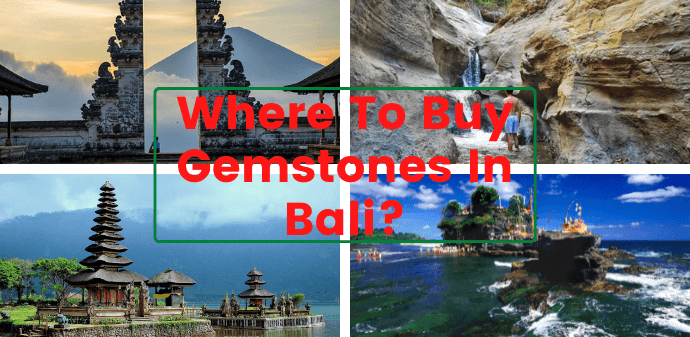Who Cuts Gemstones? Who Cuts Gemstones? is the caption of this image – gemstonesuniverse.com The cutting of gemstones is a very fine and precise process. It requires many […]
Where To Find Gemstones In The Philippines?
Where To Find Gemstones In The Philippines? Gemstones were one of the first things I used to refine my understanding of spiritual practice. Aside from the reality of […]
Why Do Natural Gemstones Have Imperfections?
Why Do Natural Gemstones Have Imperfections? Raw gemstones are created by nature, and it is perfect in itself. In this blog, I will answer,” why do natural gemstones […]
Where To Buy Gemstones In Bangalore?
Where To Buy Gemstones In Bangalore? Gemstones come in two varieties – precious and semi-precious. Gemstones that are rare and valuable fall under the precious gems category. The […]
Why Wear Gemstone In Left Hand?
Why Wear Gemstone In Left Hand? We all have seen people wearing gemstones in different hands and in different fingers, but most of the people do not have […]
Why Are Gemstones From India So Cheap?
History Of India With Gemstones Over the years, India has become a spiritual world for the spiritual people. India is a well-known popular gemstones, jewelry and beads hub […]
Where To Buy Gemstones In Bali?
Introduction Bali is prominently known as the island of the divine beings. Here, one can find a long coastline of extraordinary beaches, coral reefs, forested volcanic mountains, lavish […]
How To Cut Gemstones With A Dremel?
How To Cut Gemstones With A Dremel? Dremel tools are one of the largest rotary tools on the market, and they can cut and shape a wide variety […]
Which Gemstones Can Be Worn Together?
Which Gemstones Can Be Worn Together? The lure of gemstones has intrigued humans since ancient times. For centuries, people around the world have revered and adored gemstones due […]
Which Certification Is Best For Gemstone?
What Is A Gemstone Certification? Have you often noticed the term “certified” for a stone and wondered what it meant? Several “certifications” are provided to gemstones to show their […]









